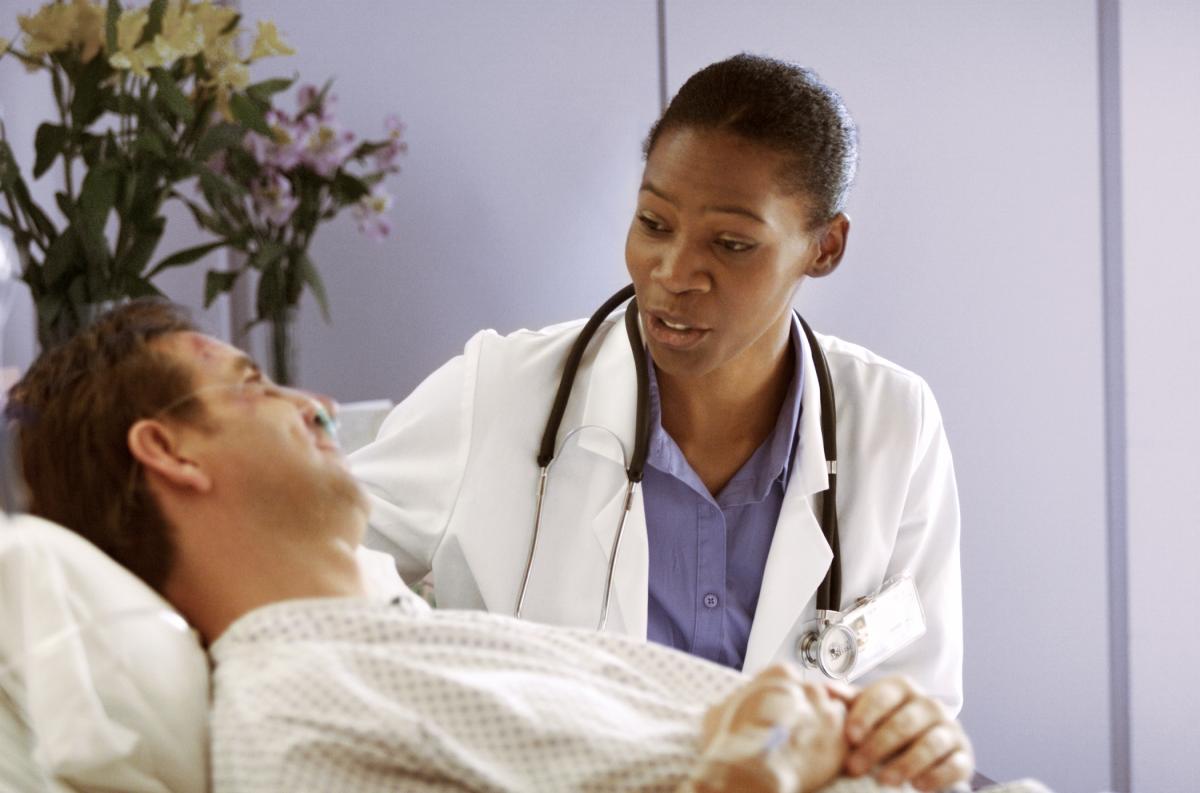
Amphetamine overdose treatment can help you overcome your addiction once and for all.
When an individual suffers from amphetamine overdose, treatment must almost immediately begin to take place to ensure their greatest chance at recovery. For all patients, amphetamine overdose treatment should include the monitoring of vital signs, temperature, and awareness of any cardiac problems such as chest pain or irregular heartbeat. If you suspect that you or someone you know has overdosed on amphetamines, seek immediate medical attention by calling 911.
For mild amphetamine overdose, treatment is often less invasive and there is not a strong need for invasive medical intervention. These patients benefit from having their symptoms monitored in a quiet environment. Supportive care and reassurance should also be provided during this time to ensure that the patient doesn’t have any increased fear as a result of what is going on around them. It’s most important to stay as calm and stress free during this time.
When a patient first enters the hospital or the medics are first called to a scene where amphetamine overdose is the culprit, the user will often be given activated charcoal. This is known as pumping the stomach and consists of having activated charcoal administered to the patient which results in the induction of vomiting. This method works when amphetamine overdose has occurred as a result of the drug being taken orally and the ingestion took place within one hour of the charcoal administration.
Diazepam and Lorazepam may be used to help calm the patient down during amphetamine overdose treatment. Both of these medications work to relieve stress or anxiety and are widely used in the treatment of panic attacks which are likely in a mild to moderate amphetamine overdose case. Other medications that may be used in cases of mild to moderate overdose include olanzapine and haloperidol.
In more severe cases of amphetamine overdose, where metabolic acidosis, dehydration, or hyperthermia (high temperature) occurs, various other medical interventions must take place to ensure the continued safety of the patient. For dehydration, intravenous fluids may be administered to help rehydrate the patient. For high fever, cooling blankets, ice packs, as well as cooled intravenous fluids may be administered to the patient to help bring the temperature down.
Intravenous diazepam is administered during amphetamine overdose treatment when seizures are present. Other anticonvulsant medications may be used but most of the time diazepam is the drug of choice for severe amphetamine overdose which includes seizures or convulsions.
When hypertension or hypotension is a factor, the patient may be administered medications intravenously to help balance the blood pressure back out to a normal state. Hypertension can be treated with nitroglycerin or labetalol. Hypotension may be treated using dopamine administered intravenously while the foot of the patient’s bed is raised allowing the blood to make its way back to the brain. As a secondary treatment option, norepinephrine may also be administered intravenously to counteract the effects of the amphetamine.
In the most severe cases of amphetamine overdose, treatment for serotonin toxicity must be administered. In patients who have suspected serotonin toxicity, observation and supportive care in a hospital environment can provide the best therapy. There may be a need for intravenous diazepam or other benzodiazepines or, if available, cyproheptadine can be administered via intravenous drip.
If you suspect that you or someone you know has overdosed on amphetamines, call 911 for immediate help! Amphetamine overdose treatment is often a long, difficult and potentially dangerous road but there is help. Local hospitals are equipped to provide safe and effective treatment for amphetamine overdose to help reduce the longstanding complications that users must deal with as a result of overdosing.
